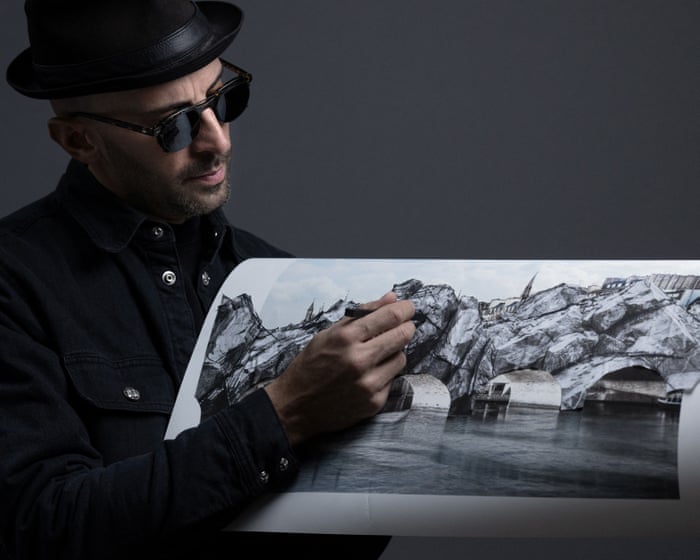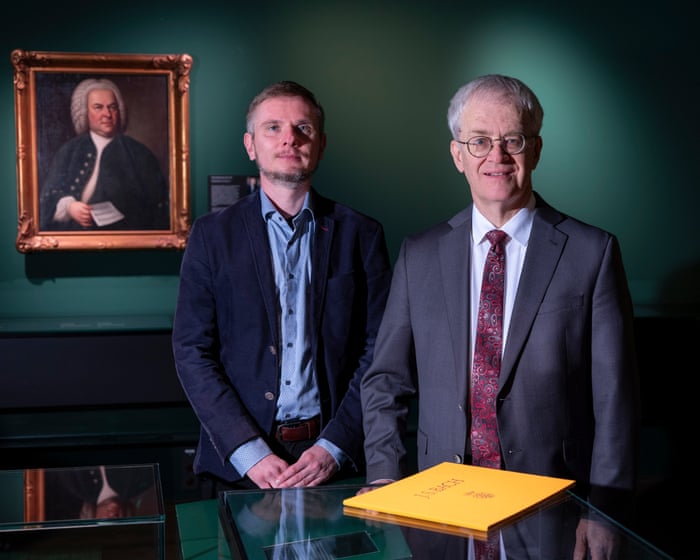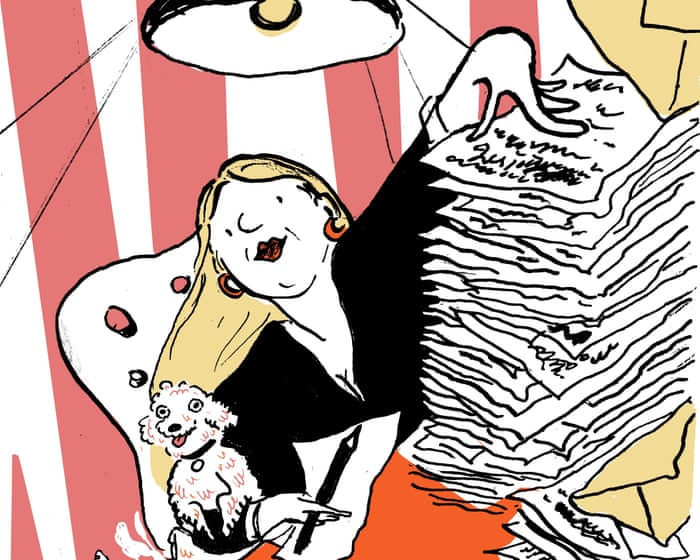Just days before Luiz Inácio Lula da Silva was set to begin his third term as Brazil’s president, soldiers from a special operations unit reportedly discussed ways to assassinate him—possibly by poisoning or using drugs to cause organ failure.
Investigators later determined that this alleged plot to kill the president-elect, his vice president, and a Supreme Court justice was part of a broader effort to keep far-right leader Jair Bolsonaro in power.
In late 2022, after Lula won the election, he was staying at a hotel in the capital, Brasília, when a police officer leaked details of his security arrangements to the special operations unit. At the same time, Justice Alexandre de Moraes, who was overseeing key cases against Bolsonaro, was allegedly targeted by heavily armed soldiers stationed near his home, waiting for orders to kill him.
According to federal police and Brazil’s attorney general, the assassination plan was only called off because a court session was delayed—and, more importantly, because military commanders refused to support Bolsonaro’s coup attempt.
Bolsonaro and seven of his closest allies, including high-ranking military officers, now await judgment on charges of attempting a coup to overturn the 2022 election results. They could face up to 43 years in prison. A verdict is expected next week, and Bolsonaro’s conviction is considered highly likely.
At the trial’s opening, Justice Moraes stated, “There has been an attempt at a coup d’état against the institutions of democracy, in pursuit of a dictatorship. But the institutions have shown their strength and resilience.”
Bolsonaro, who is under house arrest on charges of trying to pressure judges, denies all accusations. Suffering from bouts of hiccups and vomiting, he did not request to attend the trial in person.
In his final pre-trial arguments, Attorney General Paulo Gonet wrote that Bolsonaro was “the leader of the criminal organization” behind the coup attempt, serving as “the chief strategist, main beneficiary, and author of the gravest acts aimed at breaking the democratic rule of law.”
Investigators say the plan began even before the election, with efforts to discredit Brazil’s electronic voting system. They believe Bolsonaro aimed to win at any cost—including through a widely criticized bonus package seen as indirect vote-buying—and, if that failed, to claim the election was stolen.
After losing the first round, Bolsonaro’s allies in the federal highway police, under his security minister, carried out operations near cities where Lula had strong support in what investigators say was an attempt to suppress voter turnout during the runoff. Lula ultimately won by the narrowest margin in Brazilian electoral history, 50.9% to 49.1%.
According to the attorney general, this marked the next phase of the coup attempt, as Bolsonaro and his allies refused to accept defeat and began exploring ways to hold onto power. The plan involved multiple strategies, including the alleged assassination plot, which was discovered in a Word document on a device belonging to General Mario Fernandes, the president’s deputy chief of staff. Fernandes testified that it was merely a “scenario study” he had written.
Bolsonaro is also accused of attending meetings where he discussed issuing decrees to remain in power. In testimony last June, the former paratrooper admitted participating in discussions about “alternative ways” to stay in office but argued they did not amount to a coup attempt.On Tuesday, Gonet stated: “When the president and the defense minister call in military leaders to present a document formalizing a coup d’état, the criminal process is already underway.”
While Bolsonaro explored his “alternative paths,” hundreds of his supporters were camped outside military buildings nationwide, demanding a coup—a movement that investigators say was organized by figures like Fernandes.
According to investigators, the coup was only prevented because, despite pressure from Bolsonaro, the heads of the army and air force refused to participate, leaving the then-navy chief, Admiral Garnier Santos, isolated. He is now on trial alongside Bolsonaro.
After all previous efforts failed, the soon-to-be former president refused to take part in the transition of power and instead flew to the U.S.
A week after Lula was sworn in, on January 8, thousands of Bolsonaro supporters who had been camped outside the army headquarters in Brasília stormed and vandalized the presidential palace, congress, and supreme court. Investigators see this as the climax of a plan that had been developing since 2021.
Although police found no direct order from Bolsonaro to the rioters, investigators argue that he spent months inciting his supporters, knew the riot was coming, and “left the country to avoid possible arrest and to wait for the outcome of the January 8 coup actions.”
Bolsonaro’s defense maintains there is “not a single piece of evidence” connecting the former president to the riot. Regarding the alleged assassination plot involving his deputy chief of staff, Bolsonaro testified that no such plan was ever presented to him.
Gabriela Zancaner Bandeira de Mello, a constitutional law professor at São Paulo’s PUC University, said there is “robust” evidence to convict the former president.
She noted that claims by Bolsonaro’s supporters, including Donald Trump, that he is the victim of a “witch hunt” stem from a misunderstanding of the case. “Throughout the entire process, Bolsonaro has had full rights to a defense and due process, and this trial will leave a legacy for Brazil,” she said. She added, “It will show that our democracy, though young, has greatly matured in recent times and that authoritarianism no longer has a place here.”
Frequently Asked Questions
Of course Here is a list of FAQs about the trial of Jair Bolsonaro designed to be clear and informative for all levels of understanding
BeginnerLevel Questions
1 What is Jair Bolsonaro being accused of
He is being accused of leading a criminal organization to stage a coup and illegally remain in power after he lost the 2022 presidential election to Luiz Inácio Lula da Silva
2 What is a coup plot
A coup plot is a secret plan by a group often within a countrys own government or military to suddenly and illegally overthrow the current government or seize power
3 Why is he on trial now What happened
After losing the election Bolsonaro and his allies allegedly spread false information about voter fraud This culminated in his supporters storming and vandalizing Brazils Congress Supreme Court and Presidential Palace on January 8 2023 The trial is investigating if he was the mastermind behind these events
4 What is the criminal organization hes charged with leading
Prosecutors allege he formed a group with top aides military leaders and advisors Their shared goal was to use the power of the state to create chaos discredit the election and provide a justification for a military intervention to keep him in office
5 Could he go to jail
Yes If convicted he could face up to 25 years in prison However the trial process in Brazil is long and complex and a final conviction could take years
IntermediateLevel Questions
6 What specific evidence is there against him
Evidence includes draft decrees for a military takeover found at an aides home messages between allies discussing a state of siege testimonies from former ministers who turned against him and records of a meeting where he allegedly encouraged his allies to create public unrest
7 Didnt he already get banned from running for office Is this related
Yes but that was for a separate issue In 2023 Brazils electoral court banned him from running until 2030 for repeatedly and falsely claiming the countrys voting machines were prone to fraud The coup plot trial is a much more serious criminal case that could result in prison time
8 How is this trial different from the legal troubles of other politicians
This is



